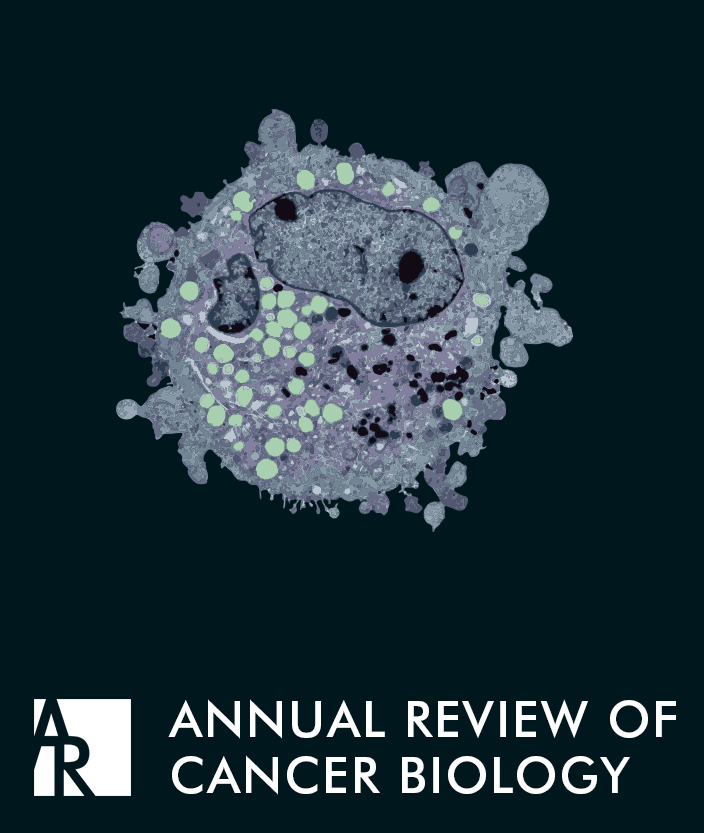抗癌药物的学术发现:历史与未来展望
IF 4.7
2区 医学
Q1 ONCOLOGY
Annual Review of Cancer Biology-Series
Pub Date : 2019-03-04
DOI:10.1146/ANNUREV-CANCERBIO-030518-055645
引用次数: 15
摘要
有价值的抗癌药物靶点的识别和起诉以及临床候选药物的发现是一个非常耗时和资源密集的过程,目前晚期药物的失败率是一个必须解决的关键问题。随着时间的推移,由于技术和财政方面的挑战,以及最重要的是,为了将有影响力的科学发现转化为临床机会,学术界和工业界在药物发现和开发方面的关系不断发生变化。在这个抗癌药物发现的黄金时代,人们越来越重视高风险、高创新的研究,这些研究是在非营利部门进行的,其目标是为商业药物开发注入智力资本,并策划经济上可行、临床上有意义的投资组合。在这篇综述中,我们讨论了在抗药物发现的背景下学术界与工业界相互作用的历史,并提供了这些相互作用可能走向的观点,因为我们在对癌症生物学的巨大复杂性的理解中不断达到新的视野。本文章由计算机程序翻译,如有差异,请以英文原文为准。
Academic Discovery of Anticancer Drugs: Historic and Future Perspectives
The identification and prosecution of meritorious anticancer drug targets and the discovery of clinical candidates represent an extraordinarily time- and resource-intensive process, and the current failure rate of late-stage drugs is a critical issue that must be addressed. Relationships between academia and industry in drug discovery and development have continued to change over time as a result of technical and financial challenges and, most importantly, to the objective of translating impactful scientific discoveries into clinical opportunities. This Golden Age of anticancer drug discovery features an increased appreciation for the high-risk, high-innovation research conducted in the nonprofit sector, with the goals of infusing commercial drug development with intellectual capital and curating portfolios that are financially tenable and clinically meaningful. In this review, we discuss the history of academic-industry interactions in the context of antidrug discovery and offer a view of where these interactions are likely headed as we continue to reach new horizons in our understanding of the immense complexities of cancer biology.
求助全文
通过发布文献求助,成功后即可免费获取论文全文。
去求助
来源期刊

Annual Review of Cancer Biology-Series
Medicine-Oncology
CiteScore
14.50
自引率
1.30%
发文量
13
期刊介绍:
The Annual Review of Cancer Biology offers comprehensive reviews on various topics within cancer research, covering pivotal and emerging areas in the field. As our understanding of cancer's fundamental mechanisms deepens and more findings transition into targeted clinical treatments, the journal is structured around three main themes: Cancer Cell Biology, Tumorigenesis and Cancer Progression, and Translational Cancer Science. The current volume of this journal has transitioned from gated to open access through Annual Reviews' Subscribe to Open program, ensuring all articles are published under a CC BY license.
 求助内容:
求助内容: 应助结果提醒方式:
应助结果提醒方式:


